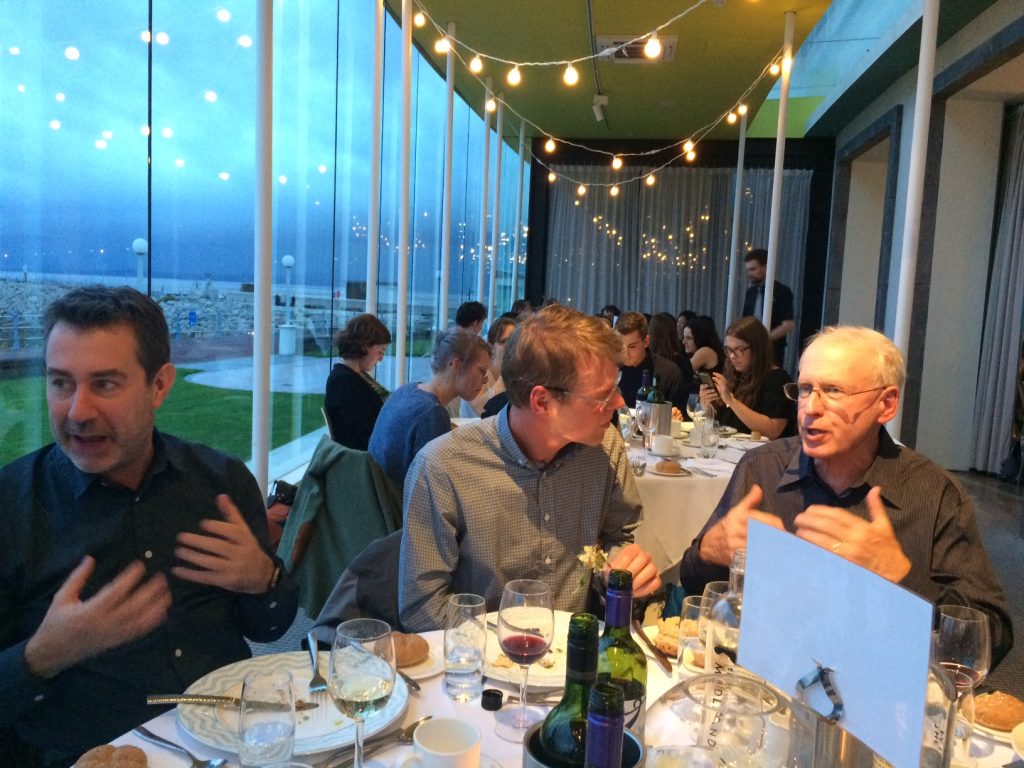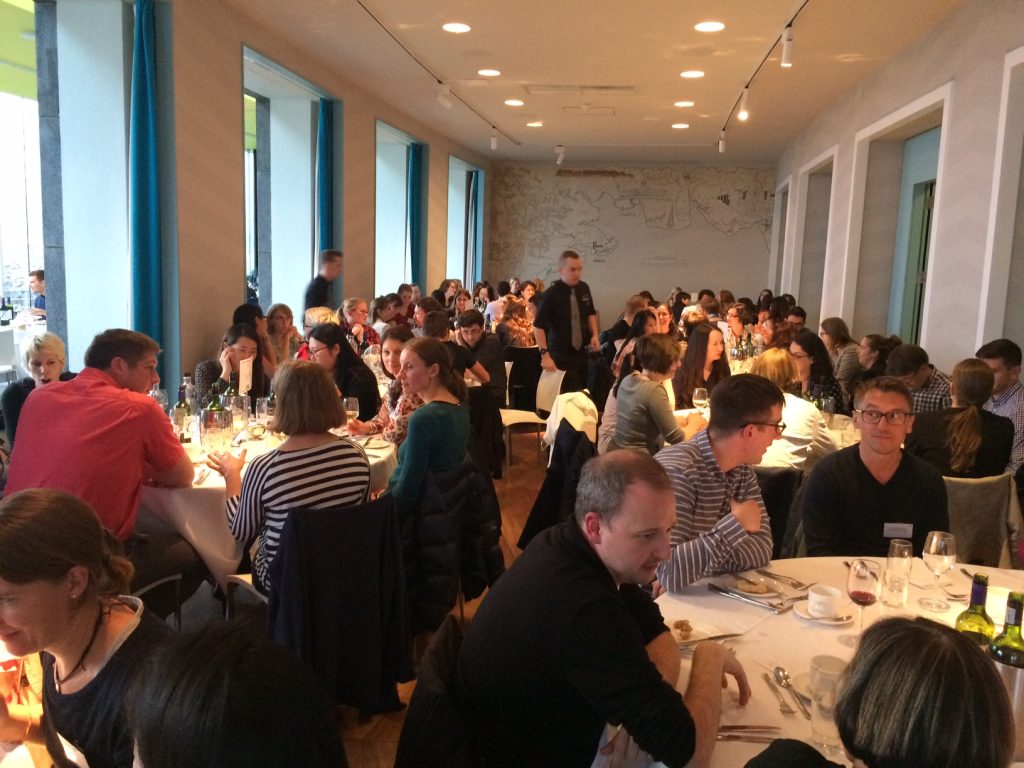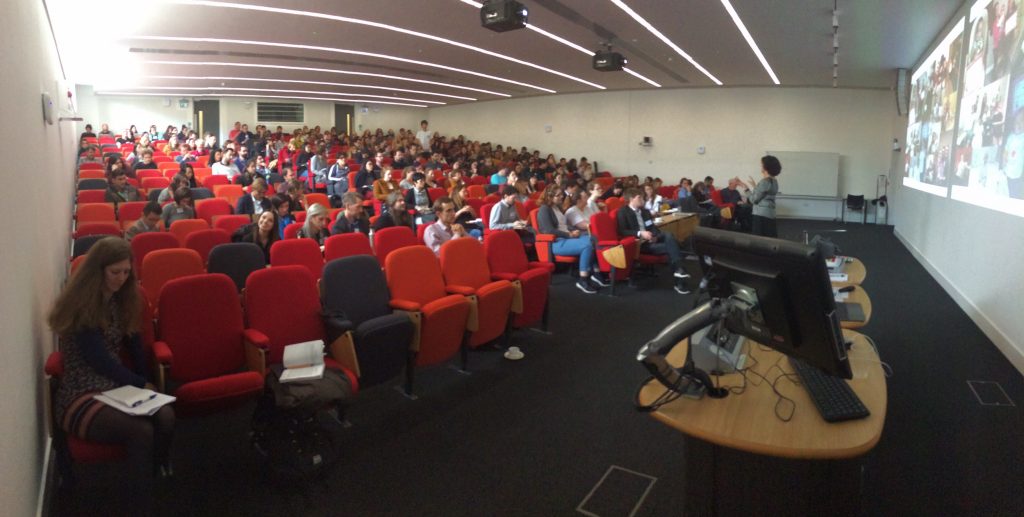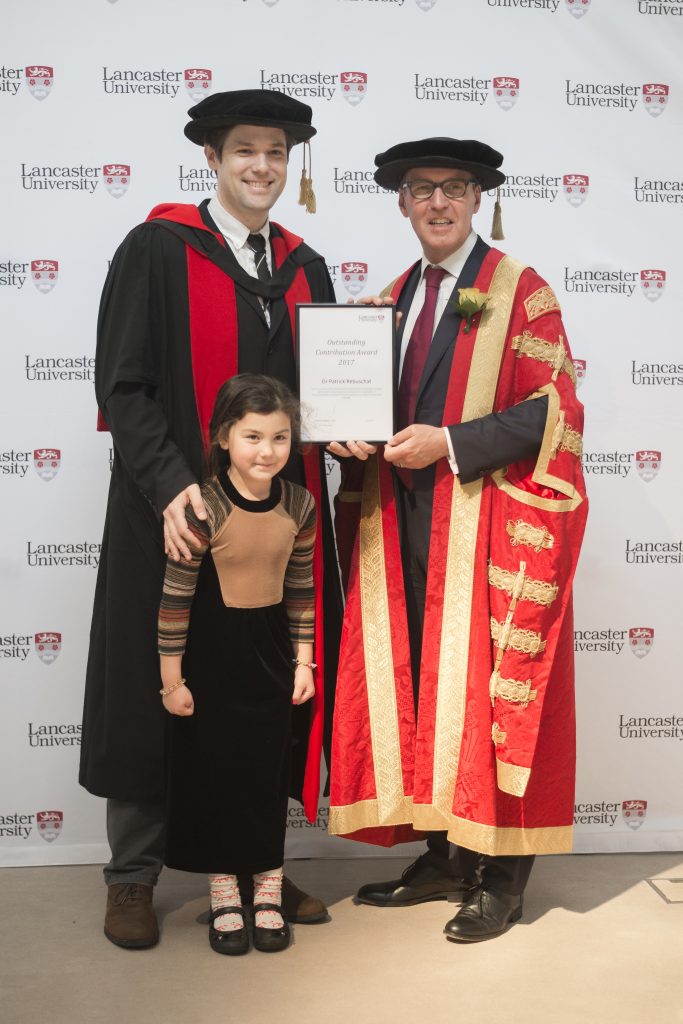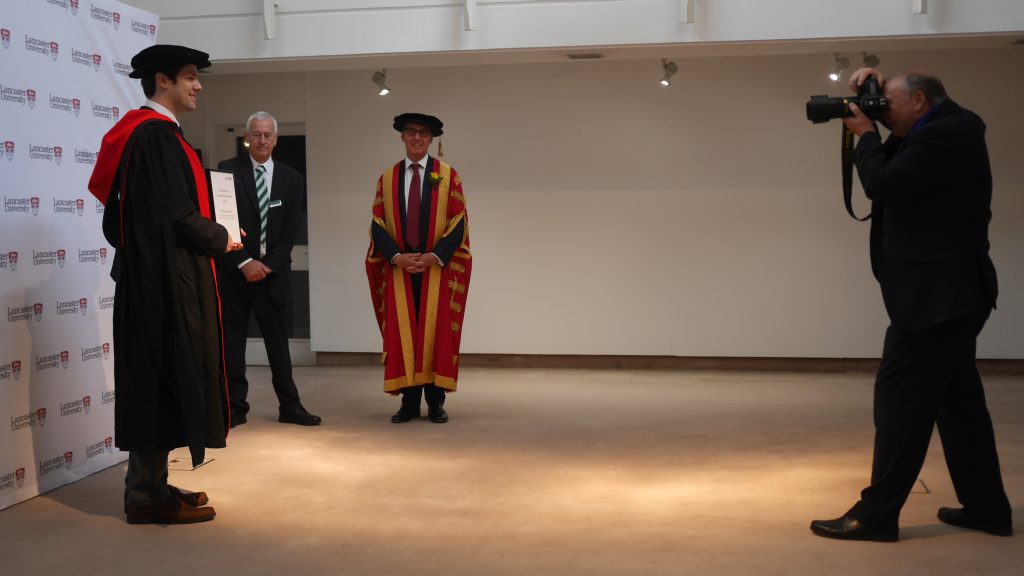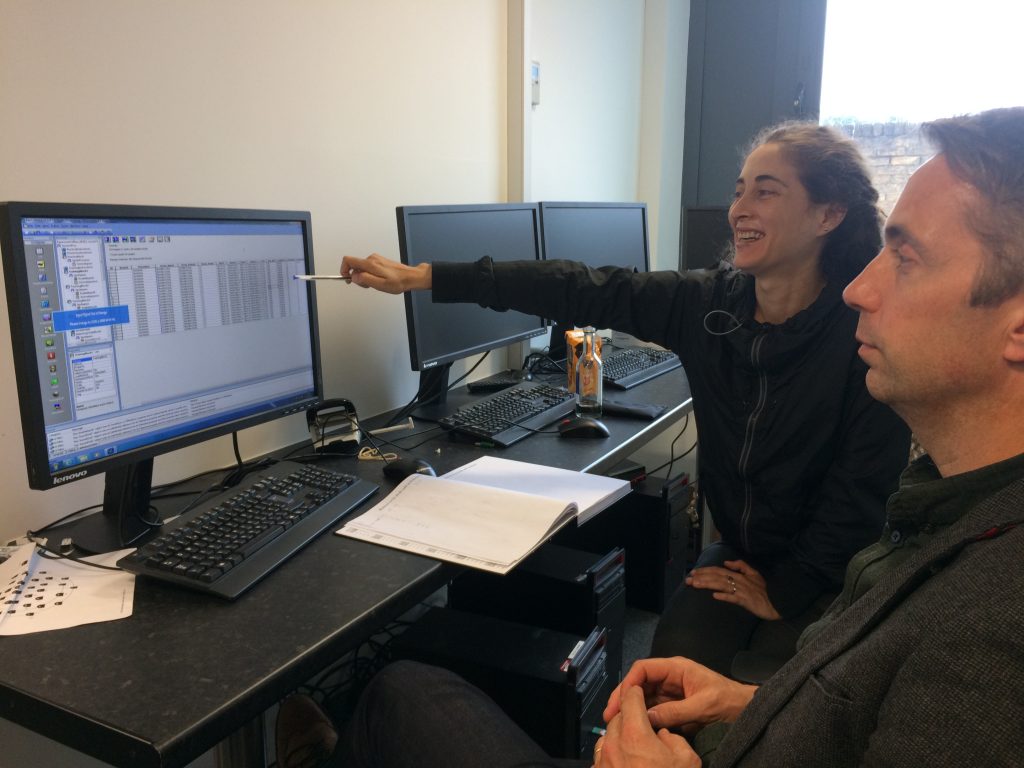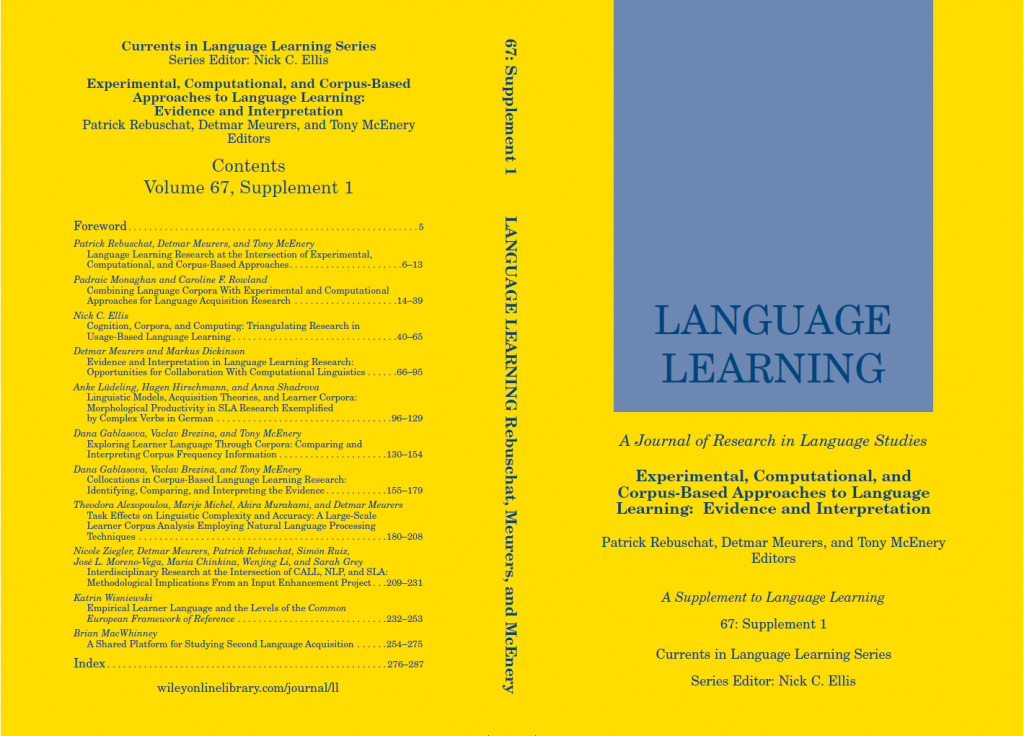Interested in studying abroad at one of our partner universities in 2018-2019?
Here are the important steps:
1. Register your interest in the Study Abroad opportunity by clicking on the link below and filling in the form:
https://lancaster.moveon4.com/form/5a004d2a3f5d66f254f0e684/eng
2. Read these important slides (click: initial Briefing 2018-19 final), provided by the International Office.
3. Attend the appropriate briefing sessions, offered by the International Office.
The schedule is below. For questions regarding the briefings, please email globalexperiences@lancaster.ac.uk.
| Dates of the Global Experiences Briefing sessions | |||
| 22nd November 2017 | Boston/New York Trip Briefing Presentation + Q&A | Bowland Main Lecture Theatre | 1pm – 2pm |
| 29th November 2017 | Which Uni is right for me and funding Study Abroad | Faraday Lecture Theatre | 1pm – 2pm |
| 6th December 2017 | Applying for a Study Abroad place | Elizabeth Livingston Lecture Theatre | 1pm – 2pm |
| 13th December 2017 | Agreements and Applications | Bowland Main Lecture Theatre | 1pm – 2pm |
| 17th January 2018 | Explaining Financial Guaruntees | Faraday Lecture Theatre | 1pm – 2pm |
| 24th January 2018 | Course Matching | Faraday Lecture Theatre | 1pm – 2pm |
| 31st January 2018 | USA Visa Briefing Session | Frankland Lecture Theatre | 1pm – 2pm |
| 14th March 2018 | Before you go and when you arrive | Frankland Lecture Theatre | 1pm – 2pm |
| 25th April 2018 | How Studying Abroad makes you employable | Frankland Lecture Theatre | 1pm – 2pm |
| 2nd May 2018 | Fees and Finance Briefing Session | Faraday Lecture Theatre | 1pm – 2pm |
| 9th May 2018 | Pre-departure & Cultural Transition Briefing Session | Faraday Lecture Theatre | 1pm – 2pm |
4. Submit your application before the deadline.
The applications are handled by our colleagues in the International Office. After you submit your application, this will be sent to the Departmetn for review. You should know whether you have been allocated a place in January.
